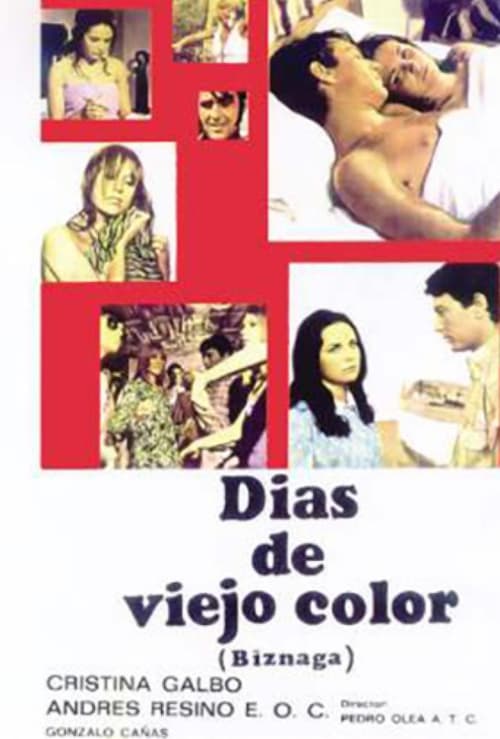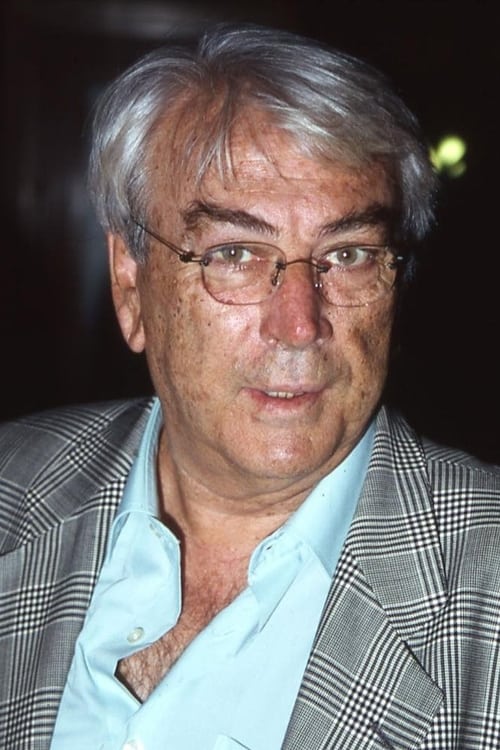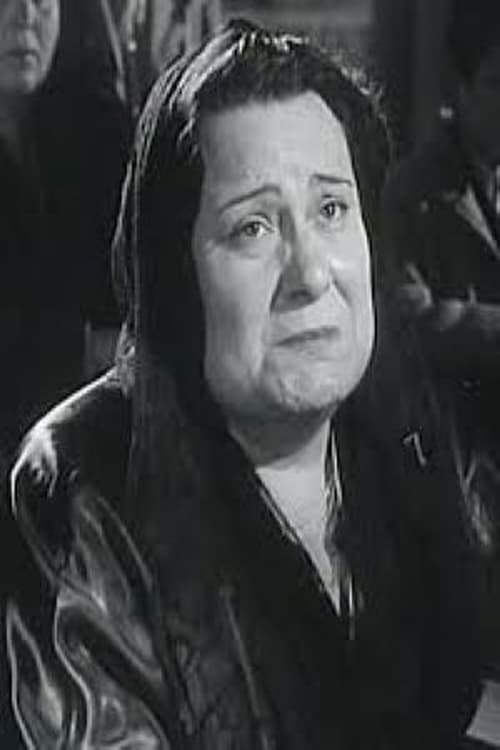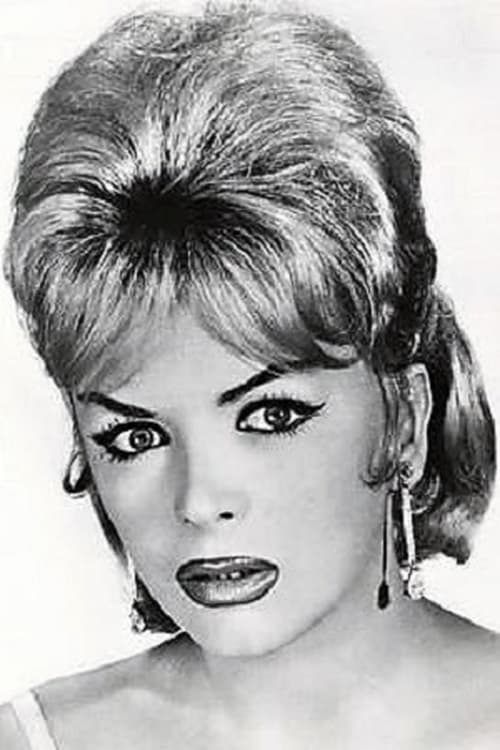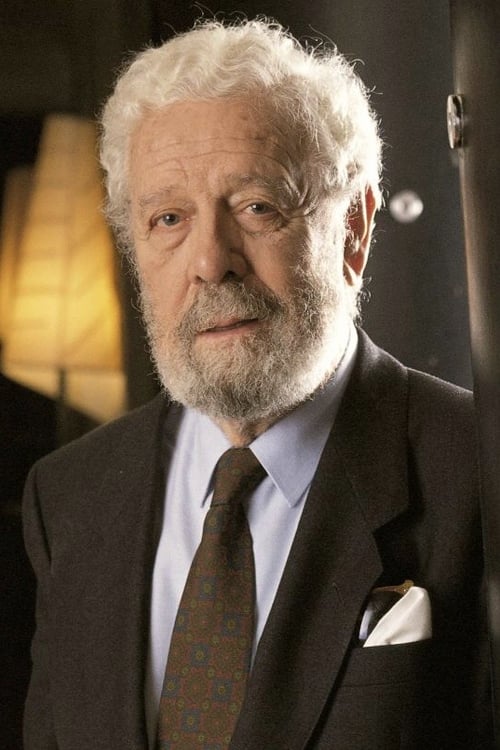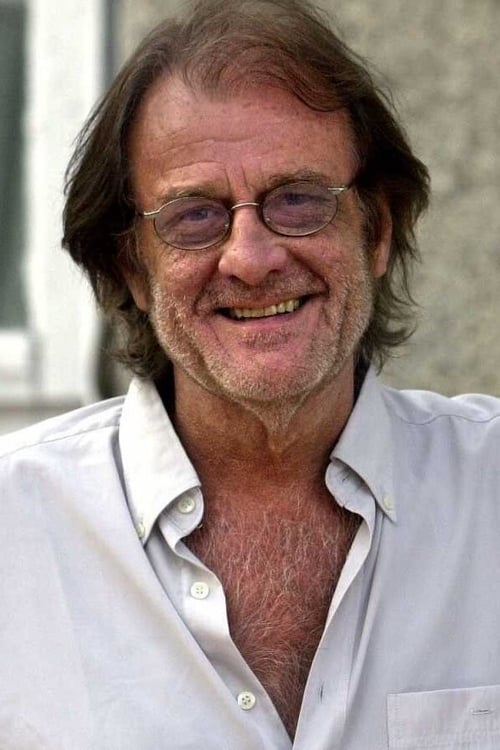Días de viejo color (1968)
Жанр : драма, мелодрама, музыка, драма, мелодрама, музыка
Время выполнения : 1Ч 28М
Директор : Pedro Olea
Краткое содержание
In the Easter holidays of 1967, three friends come to Torremolinos willing to flirt and experience strong emotions. Contact with a new environment, in which while some find the lies that hide behind the luxury and splendor and dangers that accompany life easier, others find true love.
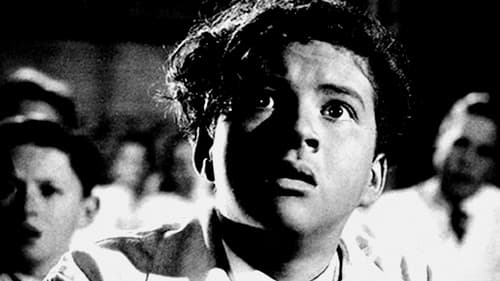
While committing a prank, a child accidentally discovers the identity of the criminal who keeps the whole neighborhood on alert. For fear of being punished, he does not tell what he knows to his father, a police officer.

A man is wrongfully imprisoned for five years. Once out, he hears about his wife's supposed adventures outside of their marriage and becomes increasingly jealous.

The first part of this documentary deals with the Portuguese neurologist António Egas Moniz, Nobel Prize for Medicine in 1949, one of the first surgeons to apply the technique called lobotomy for the treatment of schizophrenia. The second part deals with the everyday life of people with schizophrenia today: behavior and relationships, and treatment for the disease.

Documentary about the Spanish Civil War.

The star of a magazine company suffers an appendicitis attack during a shift and has to stay in a small Spanish town to be operated. But the doctor who takes care of his speech falls in love for her and tries to prolong their convalescence.
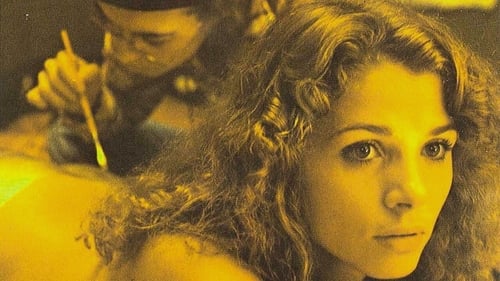
Луис Форест, в прошлом известный писатель и политик, после падения режима Франко уединился в своем имении для работы над мемуарами. Неожиданно в тихом уголке появляется его взбалмошная племянница Мариана, под предлогом интервью для журнала навестившая дядюшку. Ее визит вызывает в Луисе массу воспоминаний, ведь когда-то он был влюблен в мать девушки, хотя вынужден был жениться на ее сестре. Тем временем, независимая и свободная во взглядах Мариана начинает поглядывать на своего дядю с интересом, выходящим за рамки профессиональных и, тем более, родственных чувств.

Ramiro's grandfather is on vacation in a hostel in the mountains with his family. Decides to send theirs to Madrid and stay in a shelter, saying his health requires. But the reason is another ...
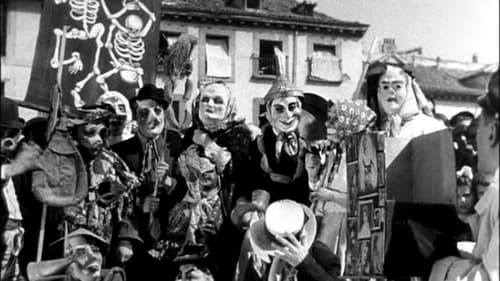
Madrid, Carnival Sunday. A night watchman finds the body of a woman, a rich and greedy moneylender who has apparently been murdered. The prime suspect is a watchmaker who owed her a lot of money.

Animation film based in some stories of the better illustrators and humorists of Spain during the democratic transition, on seventies: Chumy Chumez, Perich, Oscar, Ja, Fer, Ivà. They are quotidian stories about love, death, sex and violence.

Ernesto and Marta, a couple of newlyweds who have serious financial problems, are visited by a neighbor asking them to keep a large sum of money at home until she goes to the bank the next day.

Jose Antonio Amor co-stars with Sonia Bruno and Maria Blanco in this comedy drama about a married man with three children. When his family leaves on vacation, the man has an affair with a pretty office worker. The relationship between the two develops slowly before they end up in bed together. Speeded up shots are used effectively to illustrate the thoughts of the characters. Technical aspects and performances are fine and overshadow some uneven editing.
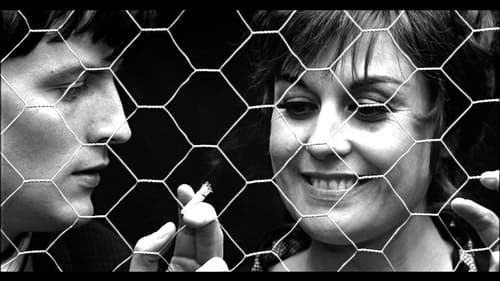
Manuel Jacques Perrin is a young man from the country who tries to make it in Madrid in this somber melodrama. He struggles to survive in the unforgiving city where only the strongest will prosper. Manuel defends himself and kills a murderous thief in a fight then quietly waits for the police to reach the scene of the crime.

In a restaurant they're preparing a grand banquet in honor of a sports association of anglers, but several circumstances seem to have conspired to boycott the event.
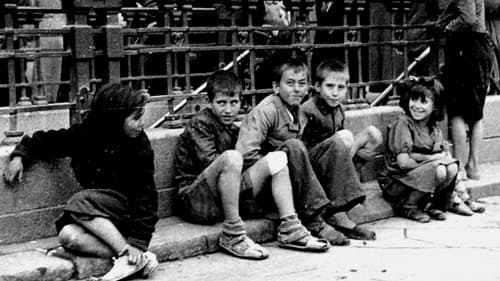
A particular reading of the forties and fifties in Spain, the hard years of famine and repression after the massacre of the Spanish Civil War, using popular culture: songs sung by ordinary people, newspapers and magazines, movies and newsreels; the story of a country torn apart needing to overcome the memory of the war and face an uncertain and painful present.

Director José Luis Garci has turned his camera inward on filmmakers and screenwriters to portray them as so self-absorbed in the creative process that there is no other world, no other human relationship that can compete. As José (Adolfo Marsillach) and Federico (Jesus Puente) work together on a new screenplay, their interactions with their family (José's teen daughters, Federico's wife) disappear under the all-consuming task of creation. The daughters give up and go off on their own, and the wife joins a convent while Federico barely notices. And when the producer is interrupted by profound grief at the sudden death of his older son, he almost automatically returns to thinking about the film project when the funeral has ended. Garci honors many great directors at the beginning of this film, and the film continues to play out as an elaboration on this homage -- an illustration both of the dedication and the cost of filmmaking, no judgments given.

Finished their careers of Law and Medicine, respectively, Antonio Redondo and Josefina Castro, a pair of young Spanish newlyweds, are looking for work to buy an apartment and start a life together, but they will face enormous difficulties throughout the process.
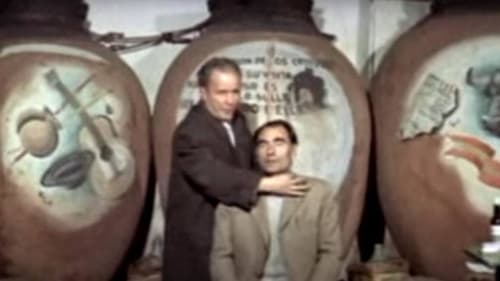
This documentary, filmed clandestinely, is based on several interviews with the executioners who worked in Spain during the early 1970s, as well as families of people executed by them.

While committing a prank, a child accidentally discovers the identity of the criminal who keeps the whole neighborhood on alert. For fear of being punished, he does not tell what he knows to his father, a police officer.

A man is wrongfully imprisoned for five years. Once out, he hears about his wife's supposed adventures outside of their marriage and becomes increasingly jealous.

The first part of this documentary deals with the Portuguese neurologist António Egas Moniz, Nobel Prize for Medicine in 1949, one of the first surgeons to apply the technique called lobotomy for the treatment of schizophrenia. The second part deals with the everyday life of people with schizophrenia today: behavior and relationships, and treatment for the disease.
